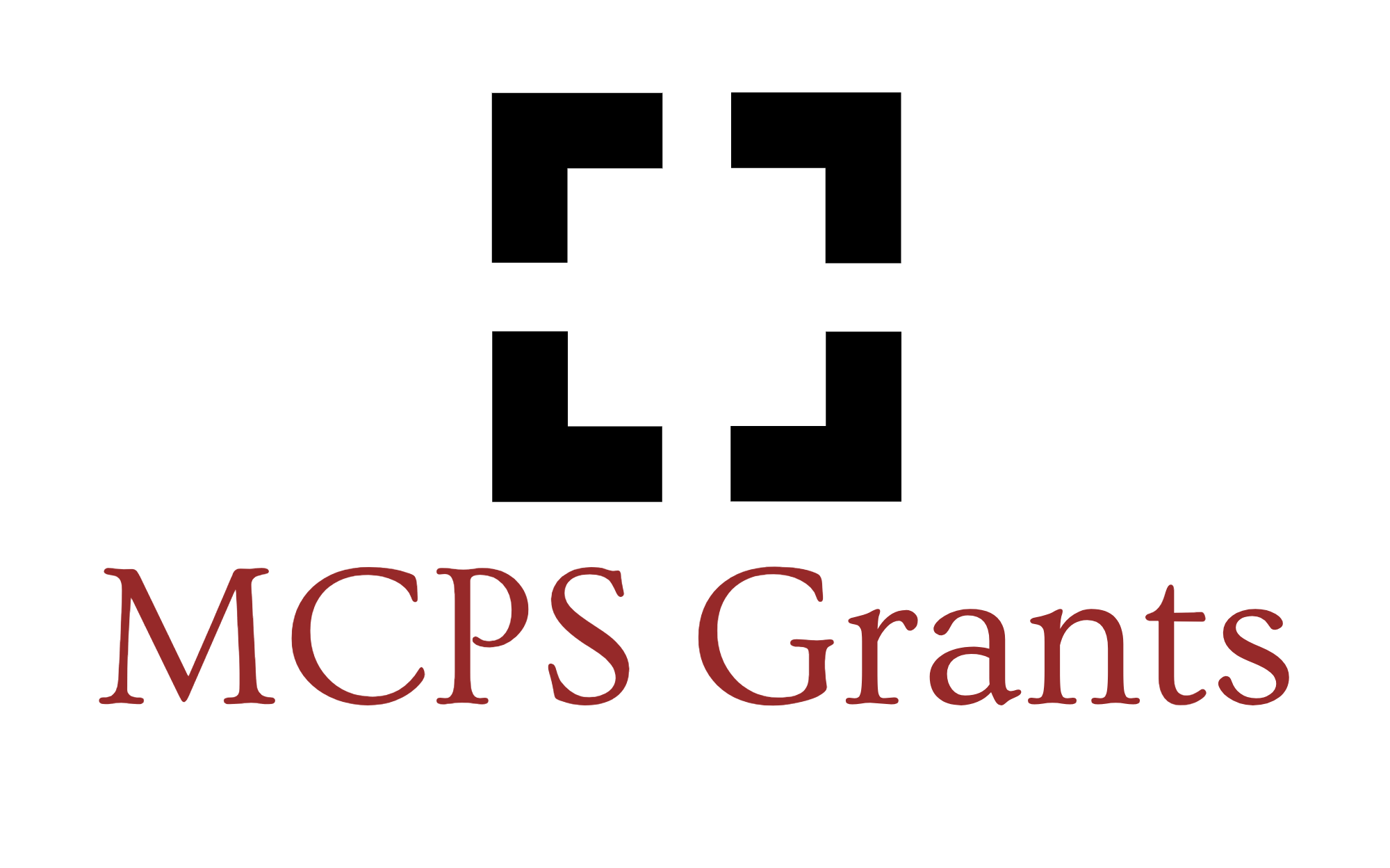Grant adds violins at Reidland Elementary
By David Zoeller for The Paducah Sun
While a school applying for a grant might normally hope that there would be “no strings attached” to the award, that was not the case for Reidland Elementary School.
A $2,000 matching grant awarded to the school by the Classics for Kids Foundation helped purchase 25 child-sized violins to be used this year in a new instrumental music class for second and third grade students.
RES Principal Anne Cox got the idea while attending a national conference last year with several teachers to receive the school’s national Elementary and Secondary Education Act Distinguished School Award.
“I went to multiple sessions and I swear in five of them in a row, someone said, ‘If you aren’t offering instrumental music, that’s something you need to do because it increases reading and math scores in students and it will help them perform academically.’
“That got my attention and so I started thinking about what I could do to excite our students.”
After pitching the idea to new second grade instrumental music teacher Nicole Lambert, the two settled on the violin, making Reidland Elementary the first McCracken school to have the instrument incorporated into the curriculum at the elementary level.
“So many of our students would never have this opportunity otherwise,” Cox said. “So, why not introduce it to them when they aren’t going to be opposed to it or be embarrassed in front of their classmates?
“It’s introducing them to music. It’s possibly opening a door for them to be part of a group, whether it’s in middle school or high school. Maybe band or music is going to be their niche.”
Lambert said when the idea was first broached, she offered: “If you want us to be a true orchestra, violins is what we need to start with.”
While it’s only the second week of instruction, Lambert said the students are very excited about the opportunity.
“Our hope is if we introduce it to them now, when they get to middle school, and orchestra is an official group, they’ll know how to play and want to continue,” Lambert said.
Learning to play an instrument is more than a musical education, she said.
“We use math, when we’re talking about counting (the beats), you use science when you’re talking about sound. We get into language, the flow of the music, the way you read (music) from left to right,” Lambert said.
“It involves social studies, the history of music. If you have a chance, you get to learn about the composers and where they came from. So it incorporates everything in there.”
Lambert starts with the basics.
“We take them out of the cases. We learn to play the first four notes, and put them back in the cases ... that’s the first lesson,” she said.
“I hope by the end of the school year, we can play some simple songs to the point where I could hopefully record and put out for the parents to see. Normally (before COVID-19) we would have a winter concert and a spring concert and I could put them in that.
“But we’re not able to do that, unless I put them in the gym, have them play, and videotape it. That’s still a possibility.”
Lambert said she is “very thankful to work for a district that does support the arts like this. I would have never dreamed that they would have set me up with this and to be as supportive as they are in backing us up, it’s just amazing.”
Another amazing thing, after just two weeks of instruction, Lambert said, “I had kids tell me today ‘This is what I’m going to ask for, for Christmas.”
